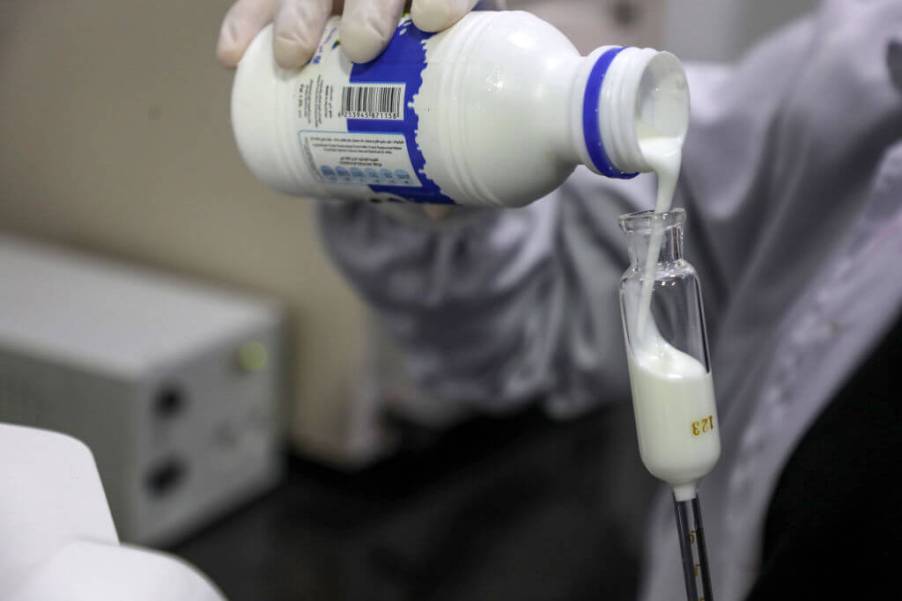
Report: U.S. Farmers Are Turning Milk Into Fuel for Cars
They make meat from plants and can pull energy from thin air, so why not turn cows’ milk into fuel, right? That’s what some U.S. milk farmers are doing right now. This isn’t something happening in the future. It is a partnership between Michigan farmers and a Canadian distillery, happening right now.
What parts of milk are turned into fuel?

You may or may not have heard of Vodkow. It is a milk-based vodka made by Dairy Distillery of Ontario, Canada. The company has partnered with the Michigan Milk Producers Association, made up of over 1,000 dairy farmers. They’re investing over $40 million into this low carbon-intensity biofuels plan.
Processing milk leads to a byproduct called “milk permeate.” It filters out lactose, vitamins, and minerals in milk protein, and fat. This helps maintain taste consistency and to keep it within the nutrition numbers on milk container information panels.
Is milk permeate used for anything else?

This byproduct is in many products like chocolate, bakery and confectionery, ice cream, and pig feed. It is also in Vodkow as well as the company’s hand sanitizer manufactured during the Covid-19 pandemic.
“There’s only so much vodka people can drink, and there’s so much of this stuff out there,” Dairy Distillery founder Omid McDonald told TV station WOOD in Grand Rapids, Michigan. “We said, ‘Well, what other high-volume uses are out there?’ And that’s when we started looking at biofuel.”
How much fuel will this process make?

According to Crain’s Detroit Business, a 30,000 square feet facility will soon house the processing equipment. With the amount of milk permeate available, it will make 2.2 million gallons of ethanol yearly, by 2025. This comes out to offsetting 14,500 metric tons of carbon puked into the environment a year when mixed with gasoline.
From the permeate processing facility, the byproduct will flow through pipes into a centralized ethanol plant. There, it will ferment similar to how Dairy Distillery already manufactures its vodka products. Except, instead of VodKow, it will be ethanol. Then it needs one last step to remove any water that remains in the fuel.
Are biofuels really better for the planet?

This approach adds to the already long list of biofuels in production now. A short list includes ethanol, which is already made from corn in the U.S. and sugarcane in Brazil; biodiesel from vegetable oils and animal fats; green diesel, made from algae and plants; and biogas, which is derived from methane.
There is still a consensus divide about biofuels and if they really offset carbon emissions. You can read more at environment.com.



